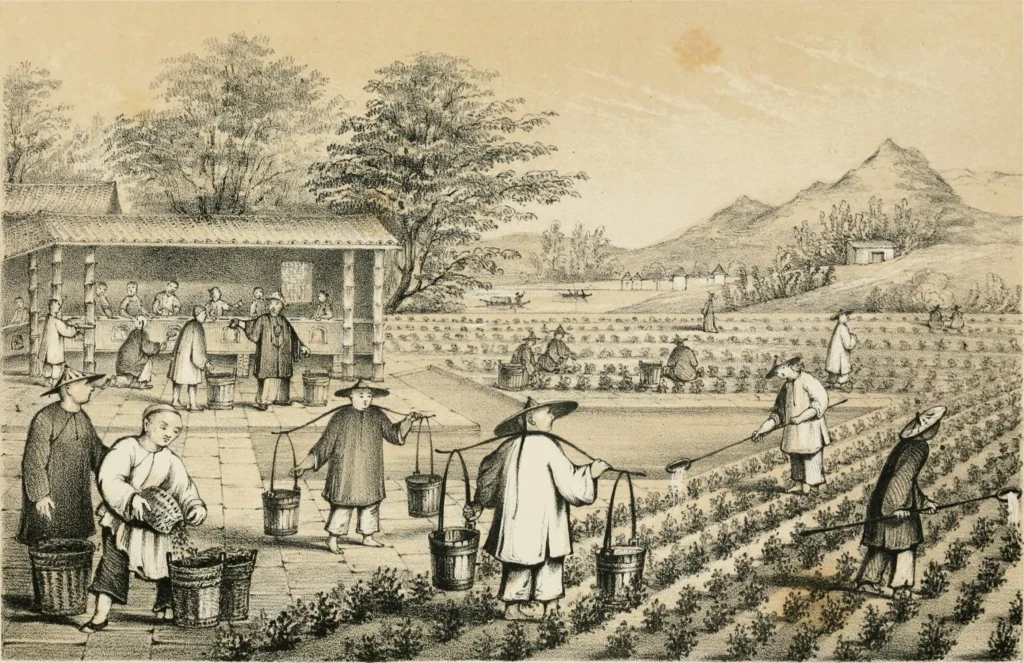The History and Traditional Use of Kratom in Southeast Asia

Kratom is a tropical tree native to Southeast Asia that has been used for centuries for its medicinal properties. The leaves of the tree contain compounds that have been traditionally used to manage pain, boost energy, and enhance mood. In this blog post, we will explore the history and traditional use of kratom in Southeast Asia, and how it has been an important part of the region’s culture and traditional medicine for generations.
Historical Use
Kratom has a long history of traditional use in Southeast Asia, dating back to at least the 19th century. Indigenous populations in countries such as Thailand, Malaysia, and Indonesia have traditionally used kratom for a variety of purposes, including pain relief, improved focus, and increased energy. Kratom was traditionally consumed by chewing fresh leaves or by brewing them as a tea.
Cultural Significance
Kratom holds a significant cultural importance in Southeast Asian societies. It has been used in traditional medicine for centuries, as well as in rituals and ceremonies. In daily life, kratom is often used as a natural remedy for a variety of ailments and is considered to have spiritual significance. It has been used in traditional spiritual practices, to help in meditation and to find a sense of well-being.
Modern Use
Today, kratom is becoming increasingly popular as a medicinal plant, not only in Southeast Asia but also in Western countries. Different ways of consuming it are available, such as capsules, powder, and extract. However, its legal status varies between Southeast Asian countries, with some countries, such as Thailand, banning its use and others, such as Indonesia, allowing its use as a traditional medicine. Despite this, kratom remains an important part of the culture and tradition in Southeast Asia.
Conclusion
Kratom has a long history of traditional use in Southeast Asia, with a significant cultural and spiritual significance. Its historical use as a natural remedy for a variety of ailments, and its modern use as a medicinal plant, make it a valuable resource. Visitors to your website can appreciate the cultural and historical context of kratom use and use it properly and safely. It’s important to remember that kratom is not approved by Health Canada, and its effects and safety are not fully understood by the scientific community. It should be used with caution and not as a substitute for medical treatment, and it’s important to follow the laws and regulations of your country regarding kratom and its sale.
Please note that Kratom Online is a kratom vendor and the information provided on our website is for educational and informational purposes only. We do not make any claims about the safety or efficacy of kratom. Kratom is not approved by Health Canada and its sale is regulated by the Canadian government. We encourage our visitors to consult with a healthcare professional before using kratom and to follow the laws and regulations of Canada regarding kratom and its sale.
